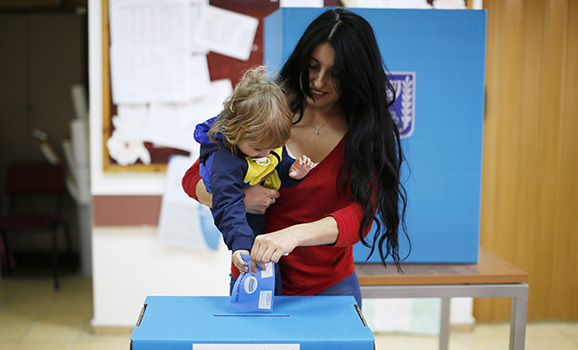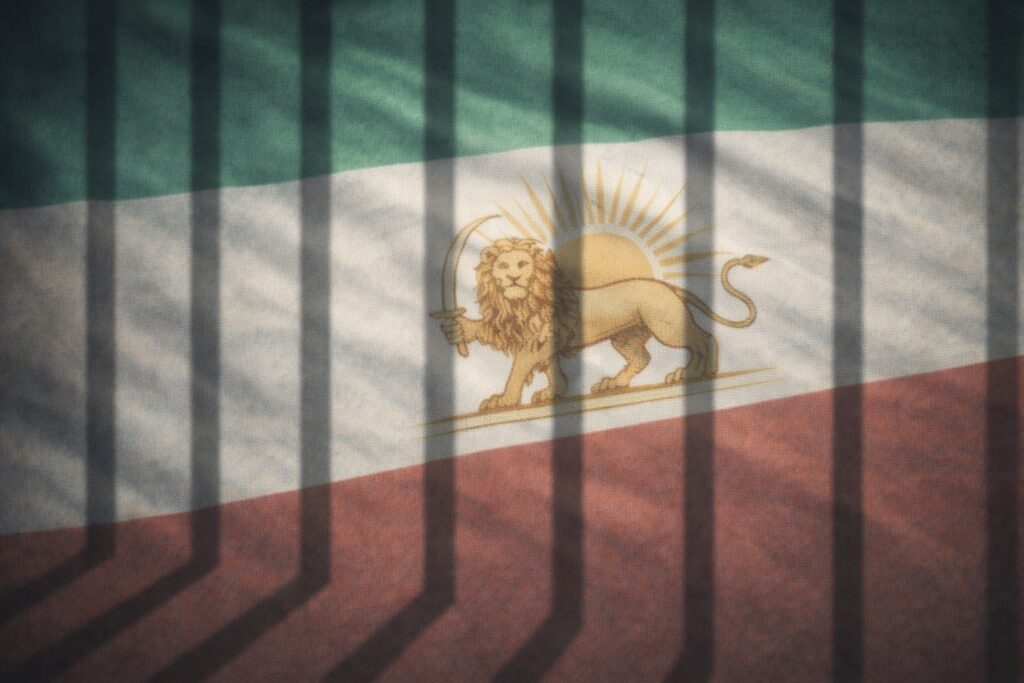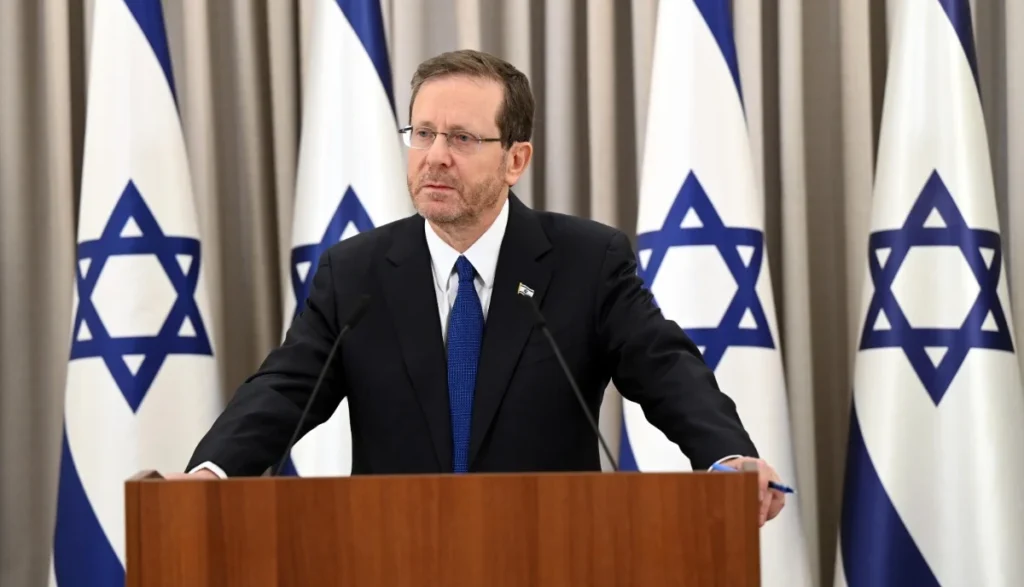IN THE MEDIA
Israeli elections: the doomsday merchants proven wrong
January 29, 2013 | Or Avi Guy

Or Avi-Guy
The Conversation – 29 January 2013
https://theconversation.edu.au/israeli-elections-the-doomsday-merchants-proven-wrong-11831
The dust is settling after the election in Israel, and the efforts to establish a stable coalition are well underway. Prior to the election, concerns were raised in the global media and the blogosphere, about the rise of the so-called ultra-nationalist religious right in Israeli politics.
Doomsday-esque predictions about a right wing coalition dominated by the ruling party Likud-Beitenu along with Ha-Bayit Ha-Yehudi (the Jewish Home) and the ultra-Orthodox parties prematurely eulogised the two-state solution, warning against settlement expansion and supposed Israeli reluctance to negotiate.
As results of the election started pouring in, with centre-left parties gaining seats and the left-right blocs almost at a tie, it became increasingly clear that the hysteria about the “shift to the right” was exaggerated, and the critics were left with an anti-climactic disappointment – with the highest voter turnout since 1999 the Israeli public proved, once again, that Israelis are pragmatic, rational and moderate.
Once their initial concerns had not materialised, critical commentators were faced with a problem- if Israel is not shifting to the right, on what grounds could they base their claim that the Israeli public rejects the two-state solution?
A new criticism is now levelled at the Israeli – that Israelis are to blame for the “death” of the two-state formula because they voted according to socioeconomic issues and interests, with the Israeli-Palestinian peace negotiations not prominent on the platform of most parties.
Ironically, had the public actually cast its ballots with security issues in mind, the very same critics would have probably argued that the public is too hawkish, voting for parties that promise to protect against the threat of terrorism, the rise of Islamist governments and the nuclear weapons aspirations of Iran.
It would not come as a great shock if those who were quick to blame the Israeli public for its “hawkish” democratic choices were hypocritically mute, or even supportive, when Islamist parties, which threaten and undermine human rights of vulnerable populations such as women and minorities, succeeded in post-revolution Arab countries.
It may come as a surprise to some commentators, but Israelis, like every single other nation in the Western world, including Australia, care about the economy, about the over burdened middle class, high cost of living, education, superannuation and pension payments for the elderly, housing, welfare and equal opportunities, social justice and fair taxation. It seems odd that criticism is being directed at citizens in a democracy for voting for parties they feel best promote their interests.
If anything, voting according to socioeconomic issues, not foreign policy and security, transcends narrow sectoral interests and tribalism.
It means that the vote better reflects the will and needs of people, not only their security fears and concerns. It is a sign that the Israeli public has matured, and after last year’s social protest, managed to translate its calls for social justice into the political sphere.
It does not, however, mean that the public has given up on the two-state solution. Recent polls show continued clear majority support for the two-state solution, but feel disillusionment and hopelessness when it comes to the prospects of fruitful negotiations under the current circumstances.
The split between Fatah and Hamas, with the latter remain devoted to Israel’s destruction, coupled with unilateral moves by Palestinian President Mahmoud Abbas at the UN, which are rightfully viewed as an attempt to circumvent negotiations (after years of refusing to negotiate with Israel, even when the Netanyahu government implemented a construction freeze in the settlements), contribute to such frustrations.
In fact, the results of the election create favourable conditions for resumption of negotiations, even if the resolution of the conflict wasn’t first on the agenda during the election campaign.
The rise of centrist parties opens possibilities for a broad and moderate coalition, and Netanyahu could now rely on parties such as Yair Lapid’s Yesh Atid (There is a Future) and Tzipi Livni’s Ha-Tnua’h (The Movement) for their support for future negotiations, and not be hindered by voices to his political right.
If those who mourn the two-state solution were ever real supporters of such an outcome, they would be seeking ways to promote and support it, instead of interpreting any development in Israel as yet another alleged nail in its coffin.
Or Avi-Guy is a PhD candidate, School of Social and Political Science at the University of Melbourne, and a policy analyst for Australia/Israel & Jewish Affairs Council.
Tags: Israel





